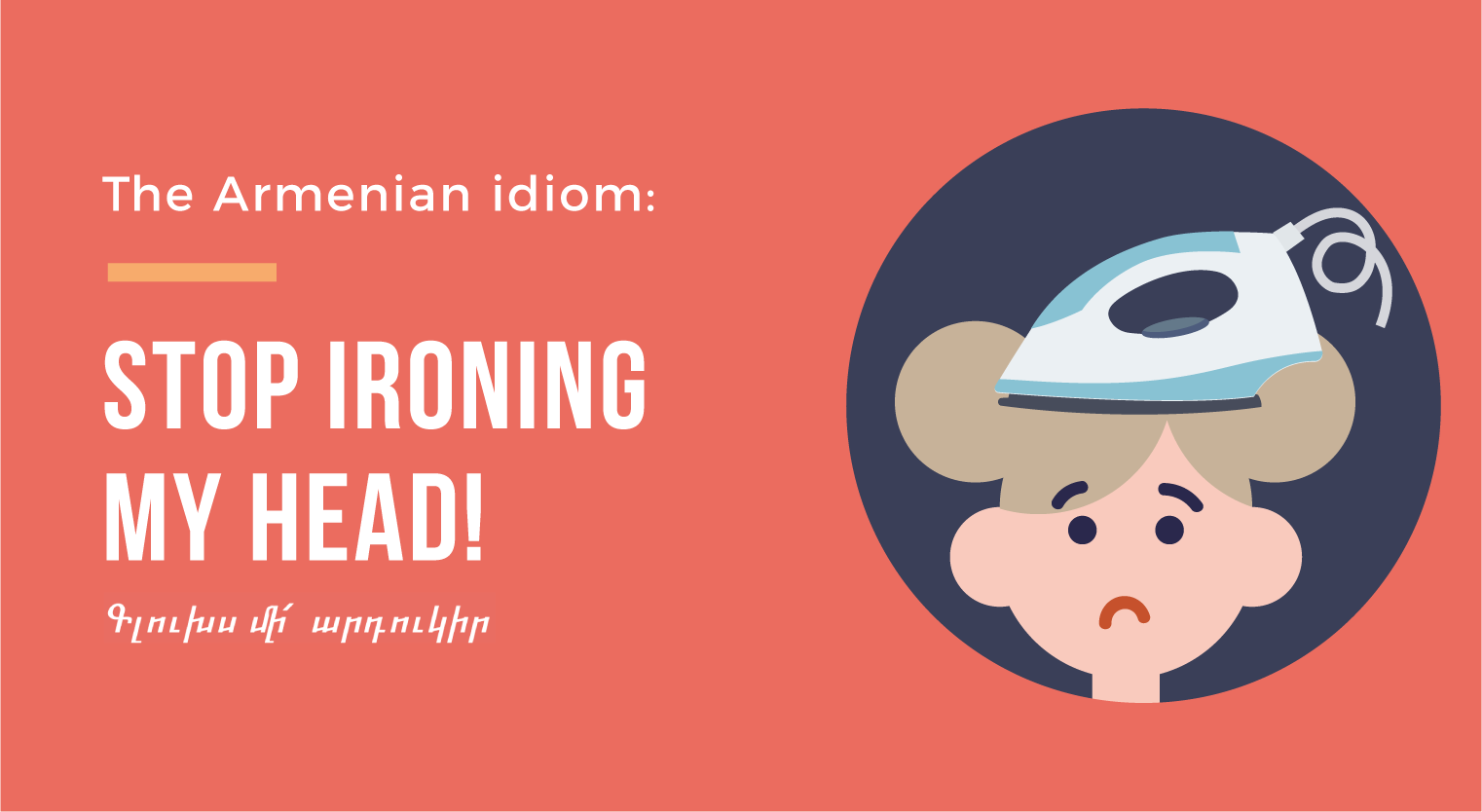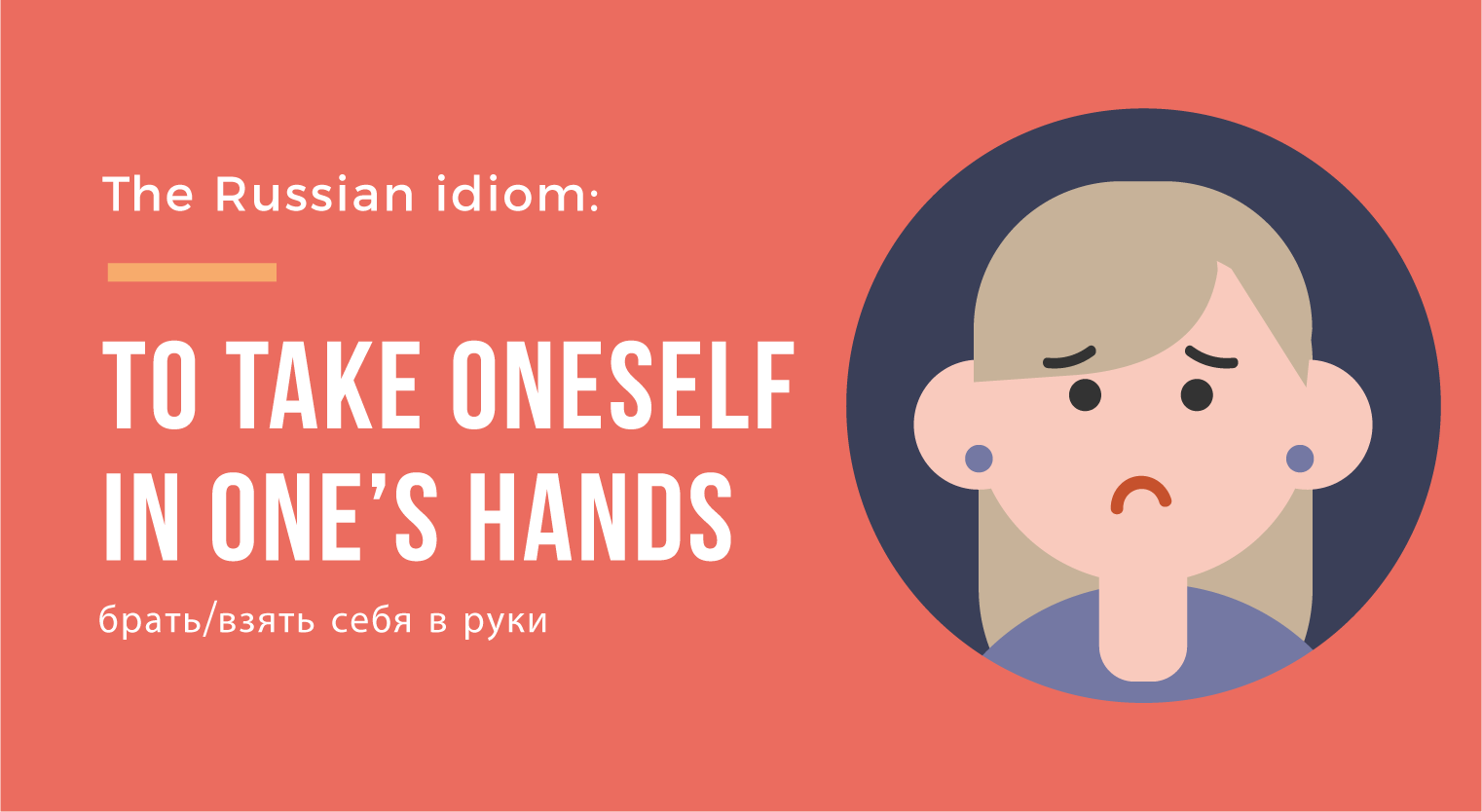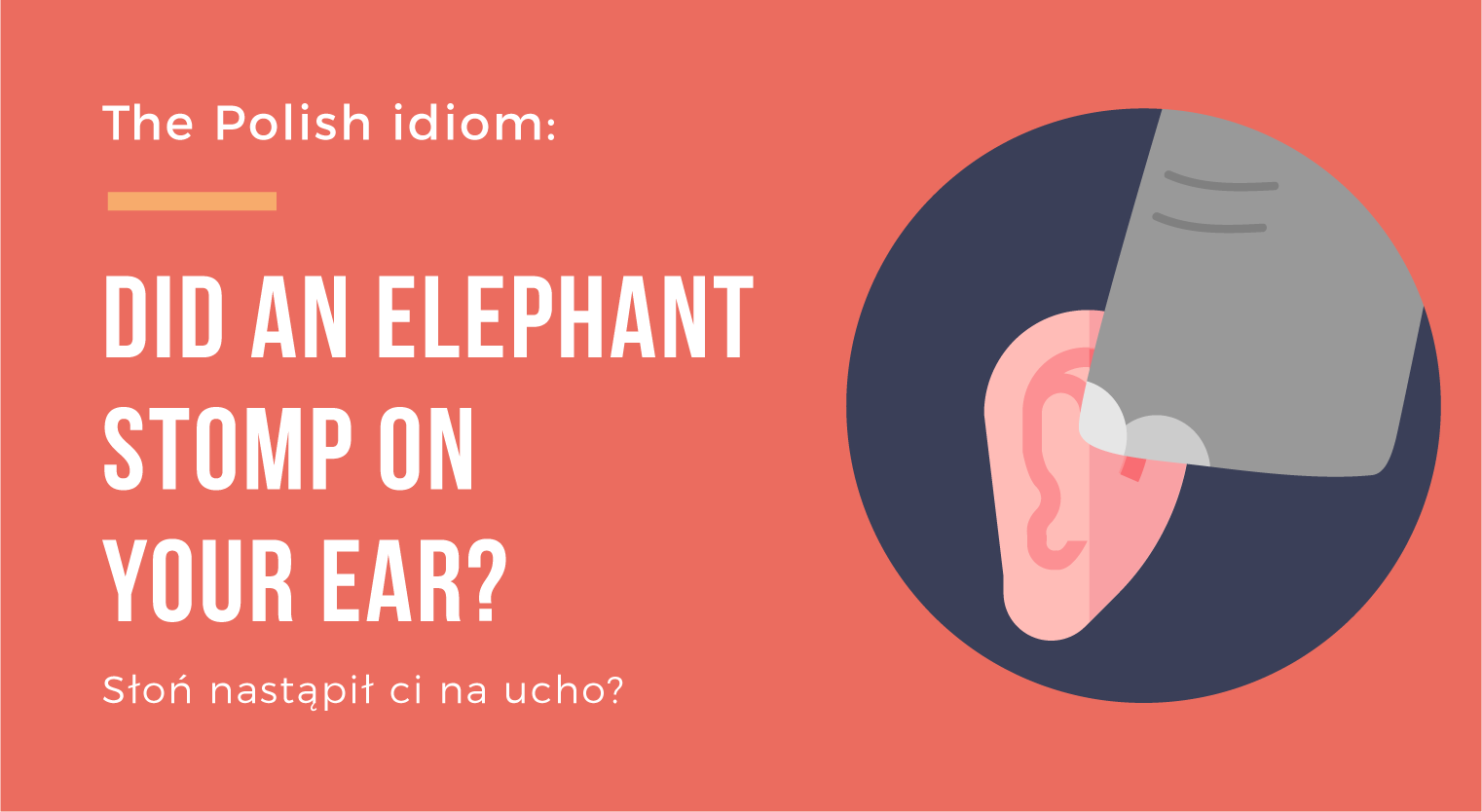9 Outlandish Idioms From Around the World
Want to spice up your everyday conversation? Here are the most unforgettable idioms from across the globe that you should definitely use.
Updated 04 Jul 2019

The world and its people are wacky and strange, which comes as no surprise then that languages from each country can make your jaw drop because of how… interesting they are.
From literally translating to "elephants stomping on your ear" to describing a space akin to a cat’s forehead, here are the most unforgettable idioms from around the world, which you should definitely try using to spice up your everyday conversations.
#1. The German idiom: Die Katze im Sack kaufen

Literal translation: "To buy a cat in a sack."
Meaning: Used when a customer has purchased something without checking it properly first and the seller was not honest when selling the item.
This idiom is also used in Sweden, Poland, Latvia and Norway and the English version of it is “to buy a pig in a poke”. Both idioms are said to have originated in the middle ages when merchants were not honest and told buyers there was a pig in the sealed bag — but it was just a cat.
PRO TIP
Love everything about German culture? Find out if studying in Germany is the right choice for you!
#2. The Swedish idiom: Det föll mellan stolarna

Literal translation: "It fell between chairs."
Meaning: An excuse you use when 2 people were supposed to do a task, but nobody did it in the end.
Current usage of the idiom now has people saying it ironically in situations when they want to say, “Yeah, I know I was supposed to do it but I forgot.”
#3. The Czech idiom: Chodit kolem horké kaše

Literal translation: "To walk around hot porridge."
Meaning: Similar to the English idiom "beat around the bush", which is used when someone circles around a sensitive subject and is too nervous to get to the point immediately.
If you thought the phrase “walking around porridge” was strange, the Finnish and Norwegians bring cats into their version of the same idiom: “pace around hot porridge like a cat” (kiertää kuin kissa kuumaa puuroa in Finnish and å gå som katta rundt den varme grauten in Norwegian).
#4. The Armenian idiom: Գլուխս մի՛ արդուկիր

Literal translation: Pronounced as glukhs mi՛ ardukeer, which translates to "stop ironing my head!".
Meaning: Used when you want to get somebody to stop annoying you.
If you thought only the Armenians had ownership over this iron-themed idiom, the Turkish phrase kafa ütüleme also means “don’t iron my head!”.

#5. The French idiom: Les carottes sont cuites!

Literal translation: "The carrots are cooked."
Meaning: What’s done is done.
Try saying this in a perfect French accent when you want to tell someone that it’s too late to change the situation because there’s no rewind button. It’s similar to the English idiom “the goose is cooked”.
Apply for university with EduAdvisor
Secure scholarships and more when you apply to any of our 100+ partner universities.
Start now#6. The Russian idiom: брать/взять себя в руки

Literal translation: Zyat' sebya v ruki, which translates to "to take oneself in one's hands".
Meaning: Pull yourself together.
Use this Russian idiom when you want to tell someone to get control of their emotions or actions after feeling very upset. Maybe that will snap them out of what they’re going through.
#7. The Mongolian idiom: бурхан оршоо бутын чинээ сахал урга

Literal translation and meaning: Burkhan orshoo butyn chinee sakhal urga, meaning “bless you and may your moustache grow like brushwood”.
For some, it's pretty automatic to say "Bless you" when someone sneezes. But, that’s too basic for Mongolians, who prefer to include blessings upon your moustache as well. So, switch things up and say "Burkhan orshoo butyn chinee sakhal urga" the next time a guy’s nose is ticklish.
#8. The Polish idiom: Słoń nastąpił ci na ucho?

Literal translation: "Did an elephant stomp on your ear?"
Meaning: You have no ear for music.
Need a scathing idiom to use when you want to comment on someone's lack of musicality? Say "Słoń nastąpił ci na ucho?". It means you have no flair for music, so if someone says this to you, it's best to put your musical instruments away.
Want to use a cruder version of this idiom? In Croatia, they say "Pjevaš kao da ti je slon prdnuo u uho." That translates to “you sing like an elephant farted in your ear".

#9. The Japanese idiom: 猫の額

Literal translation: Neko no hitai, translating to “a cat’s forehead”.
Meaning: A tiny space.
Let's say you have a beautiful, huge home and a guest gushes about the large premises. You're a humble person, so you bashfully say it's the size of "neko no hitai", a Japanese idiom which means "a tiny space".
It almost makes you want to work hard for years to be able to purchase a huge home, just so you can say that idiom out loud.
Voila! You can now enjoy sparkling conversation with these outlandish idioms from around the world. Let us know in the comments if you know more fascinating ones to use.






